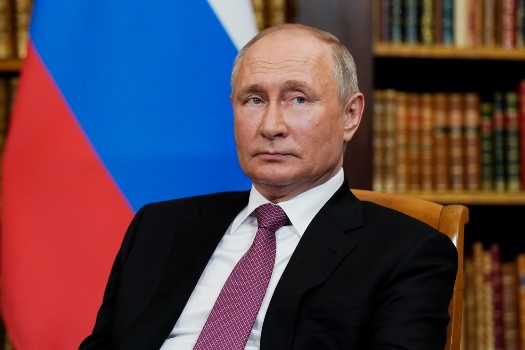Ruling in favour of the AfD, the Administrative Court in Cologne said the BfV security agency overstepped its mandate when it in January announced that the party was a so-called Prüffall, or a review case.
Declaring the entire party as a case for heightened monitoring “conveys a negative effect to the public”, said the court.
Such infringements to the rights of a political party can be made only if there is explicit legal authorization, noted the court.
SEE ALSO: Should the AfD be spied on? What you need to know
The intelligence service's move was therefore “unlawful and disproportionate,” it ruled.
The decision came after the AfD filed for expedited proceedings, ahead of the May 2019 European elections and three German state polls to be held in September and October.
The five-year-old AfD or Alternative for Germany, the country's biggest opposition party, opposes multiculturalism, Islam and the immigration policies of Chancellor Angela Merkel, whom it labels a “traitor”.
In its January 15th decision to step up monitoring of the AfD, the BfV said it had “first indications of AfD's policies that go against free-democratic fundamentals.”
SEE ALSO: German intelligence agency to step up surveillance of AfD
But the agency shied away from immediate full surveillance of the entire party, as details gathered so far were deemed insufficient to warrant blanket monitoring including phone and email taps, the use of undercover informants and collection of personal data on MPs.
The BfV can place under surveillance individuals and groups, including politicians and parties it considers “extremist” and threatening to the state's liberal democratic order.
It has in the past placed under surveillance some lawmakers of the far-left opposition Die Linke party, which emerged in part from the former East Germany's communist party.



 Please whitelist us to continue reading.
Please whitelist us to continue reading.
Member comments